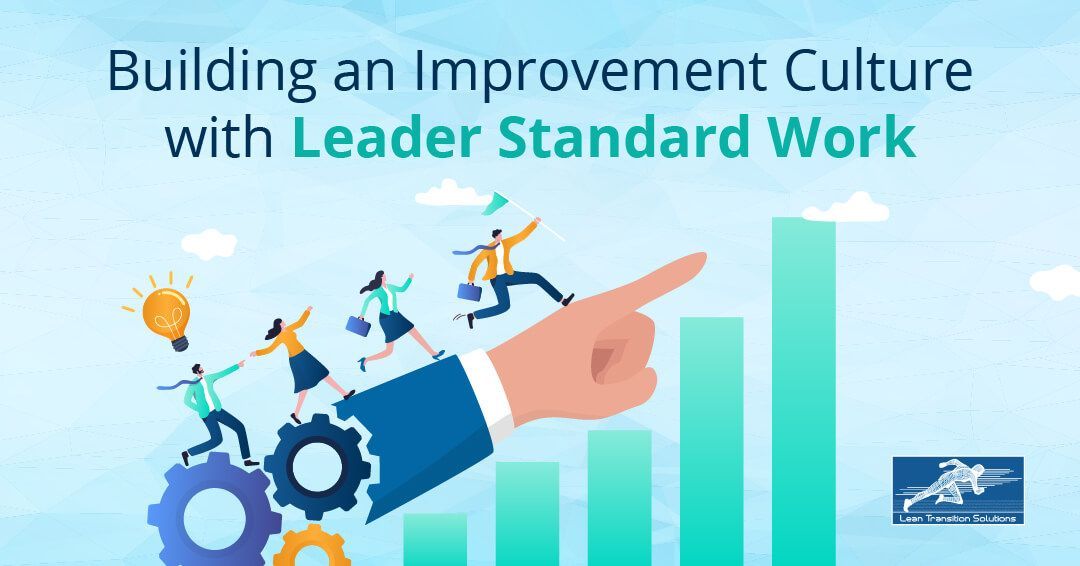Building an Improvement Culture with Leader Standard Work

August 8, 2023
A strong improvement culture is essential for an organisation's success and long-term growth. Such an improvement culture requires dedication from the entire organisation to constantly search for new and improved ways of operating, promoting innovation, and being receptive to change.
Implementing a continuous improvement culture empowers employees at all levels to identify and address challenges, streamline processes, and enhance overall performance. Adapting swiftly to changing market demands and customer needs is key to maintaining a competitive edge in today's dynamic business landscape.
Leader Standard Work (LSW) complements this culture by providing a structured approach where leaders guide their teams and actively engage in improvement efforts, setting an example that inspires others to embrace change and deliver excellence in their daily activities. Let's clearly understand how organisations can build an improvement culture by successfully implementing Leader Standard Work.
Understanding Leader Standard Work (LSW)
Leader Standard Work (LSW) is a structured set of practices and routines that leaders follow consistently to support and drive continuous improvement within their organisation. Leader Standard Work serves as a fundamental tool in lean management and other improvement methodologies, emphasising the significance of leadership involvement in fostering a culture of excellence.
The primary purpose of LSW is to ensure that leaders actively engage with the operational processes, identify opportunities for improvement, and coach their teams effectively. By adhering to LSW, leaders demonstrate their commitment to the organisation's goals, instil a sense of responsibility among employees, and establish a foundation for continuous learning and development.
Differentiating LSW from Traditional Management Approaches
Leader Standard Work (LSW) is a unique management approach that differs from traditional methods such as top-down management and performance reviews. LSW focuses on active leadership engagement through practices like Gemba walks, where leaders work alongside frontline employees, collaborate with them directly, and gain firsthand insights. This approach encourages real-time understanding, continuous improvement, and a culture of mutual respect and collaboration, leading to more dynamic and effective organisational leadership.